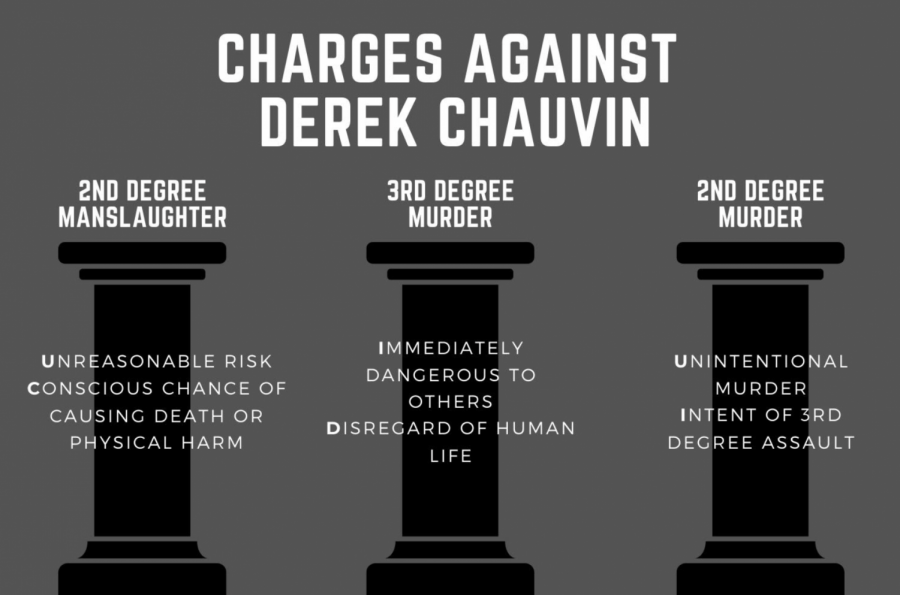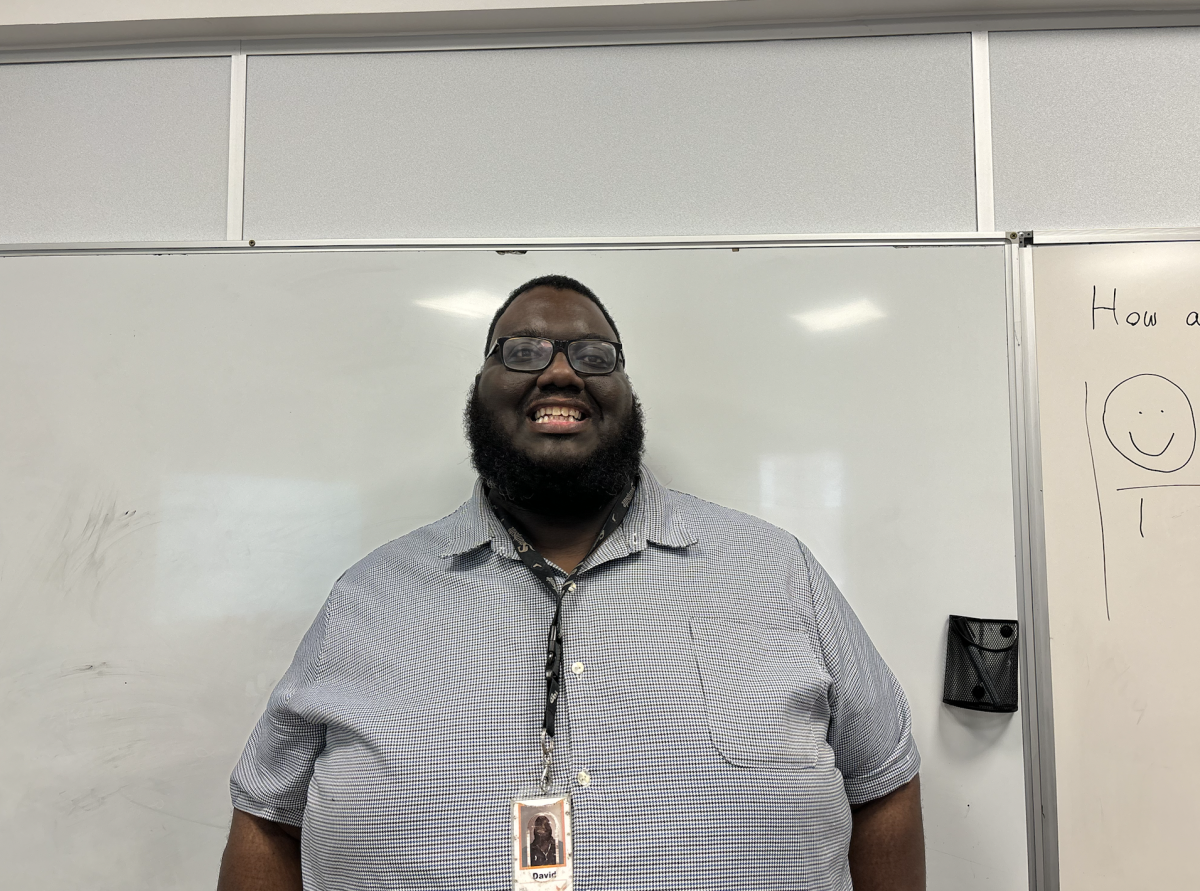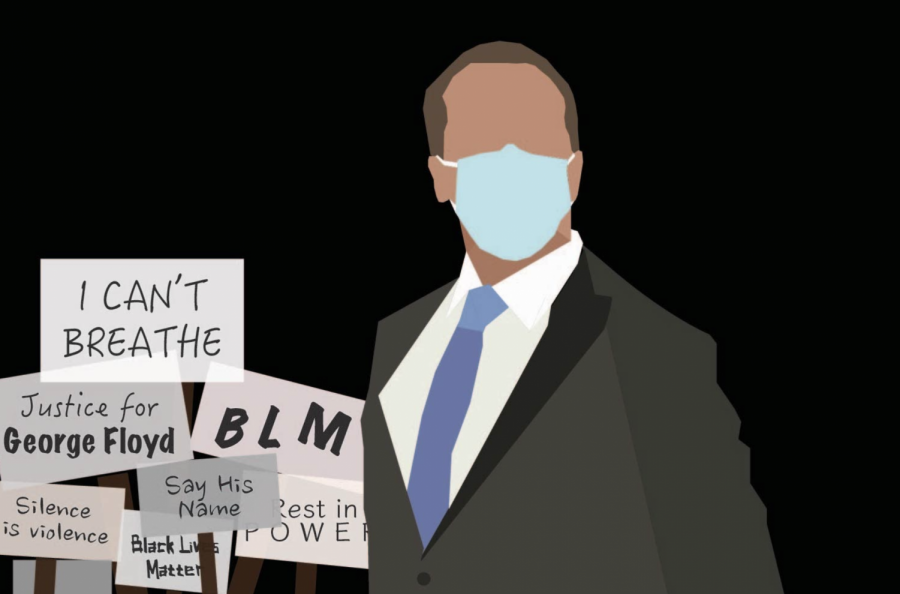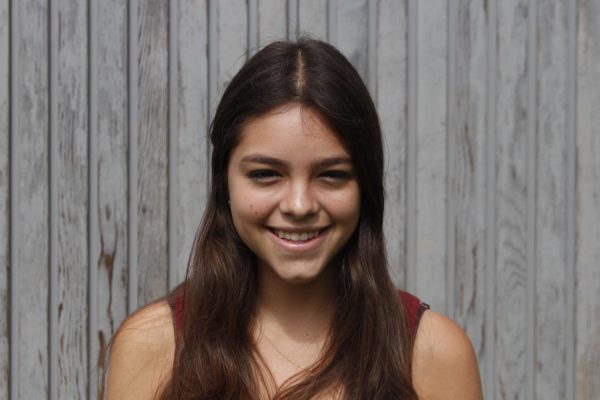“State of Minnesota – plaintiff – versus Derek Michael Chauvin – defendant,” Hennepin County, Minnesota Judge Peter Cahill said, according to ITV News.
Cahill read the verdict as he peeled open the jury’s envelope April 20. Former police officer Derek Chauvin’s eyes darted side to side, face concealed by a blue surgical mask.
Nearly 11 months after George Floyd’s death May 25, 2020, Chauvin was convicted of second-degree unintentional murder, third-degree murder and second-degree manslaughter for kneeling on Floyd’s neck while in police custody, according to CNN. The jury reached this verdict after deliberating for 11 hours over a two day period, following a trial which lasted three weeks.
Social Justice Council member Ishaan Sareen (’24) said the trial taking place was a cause for joy after months of speculation on whether Chauvin would even be charged.
“A few months ago, they were talking about how they weren’t even going to prosecute him for this, which is crazy to see now that nine months later, he’s being prosecuted on all three charges,” he said. “It’s good to see that justice has been served for George Floyd.”
A few months ago, they were talking about how they weren’t even going to prosecute him for this, which is crazy to see now that nine months later, he’s being prosecuted on all three charges.
— Ishaan Sareen ('24)
English Teacher Christopher Moore said he followed the trial through the verdict, which was announced at 9 p.m. in London. He said his feelings about the verdict were multifaceted as he reflected on the complexity of the criminal justice system’s handling of other cases targeting police officers.
“My initial reaction was relief and happiness that, you know, it seemed like finally the message has been heard,” he said. “But then, that’s paired with all of these other emotions about the injustices that still exist, the injustices that still haven’t been held accountable.”
Because of the U.S. criminal justice system’s history in its handling of cases involving state officials, Moore said his prediction for the trial was uncertain.
“The details were just so outlandishly gruesome and horrific with George Floyd that I want to say that I was hopeful,” he said. “But there was just anxiety through the whole time, just knowing that, ‘Well, here’s how it’s gone every other time.’”
Similar to Moore, Jad Rubesh (’21) said they were uncertain of the trial’s course and whether Chauvin would be held accountable at all.
“Having seen all of the past trials for police who have committed similar crimes, I wouldn’t have been surprised if he had none of those charges placed against him,” they said.

However, Sareen said the outcome of the trial was not a complete shock considering the overwhelming video evidence against Chauvin.
“It was quite clear from the video that he was being knelt on and that he lost his life to a true lack of air,” he said.
Yet, Alex Rizzo (’22) said the video evidence was enough to prove Chauvin was violating his role as a police officer, but that it may not provide justification for the second degree murder charge.
“When I first saw the video, I thought to myself, ‘Obviously, this guy’s gonna go to jail, like this was completely unjustified,’” he said. “But then, I think what changed a little bit was my opinion of how much his actions contributed to it.”
Rizzo said his ideas on the case changed as more details were uncovered throughout the trial.
Having seen all of the past trials for police who have committed similar crimes, I wouldn’t have been surprised if he had none of those charges placed against him.
— Jad Rubesh ('21)
“When the video first came out, obviously that was the only evidence that we had, and so I think that was what the majority of people were basing their opinions on,” he said. “But then, all the stuff about fentanyl use and the debate as to whether that played a role in it.”
“There were a bunch more factors that I don’t think we’d all consider before they came in.”
Through accessing the video online, anyone with internet access could see the video of Chauvin kneeling on Floyd’s neck for nine minutes. But Rizzo said people should still take external factors into consideration when making an informed decision about the outcome of the trial.
“The drug use and the possible fentanyl overdose, which I mean, obviously from the initial video you couldn’t see that,” he said. “Then it was decided that that wasn’t … a large enough factor.”
Despite questioning certain aspects of the charges, Rizzo said overall everyone is in consensus that the conviction was justified.
“Everyone has come to a consensus that yes, what he did was bad, yes, he needs to go to jail,” he said. “That controversy, if there is any, might lie in the minutiae of what he was charged with, but generally I think everyone’s kind of on the same side.”
The SJC created an Instagram post regarding Chauvin’s arrest and other recent police killings of unarmed Black and Latino men. The SJC also included a brief statement concerning the verdict in the morning announcements April 21. Sareen said council members were motivated to create a statement considering the magnitudinal influence of the case.
“One of the jobs of SJC is to keep the people of the High School educated about social justice issues, which we think it’s served… as this is one of the most landmark cases in terms of Black Lives Matter,” he said.
Also a member of the SJC, Rubesh said activism and media attention have had a significant impact on seeking justice for Floyd.
“That played a part in how the case was viewed by the nation as well as the decision made,” they said. “Although the fight is far, far from over, I feel like it is a good sign of the benefits of direct action and activism.”
In the same vein, Moore said the case has invited discussion surrounding the justice system and its entanglement with prejudice.
“The United States criminal justice system is in the middle of a very important conversation about what its purpose is and how to fulfill its purpose,” he said.
Ultimately, Moore said Chauvin’s guilty verdict has also brought more attention to change that needs to take place within police departments.
“There are still a lot of conversations about police reform and police funding and police training,” he said.
Moore said there are still many issues that “governments and individual police departments need to do to address these systemic injustices that are inherent in the criminal justice system.”






